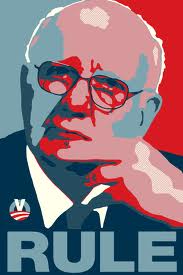 The controversial Volcker Rule prohibits banking entities from making risky, speculative investments with their own money. More specifically, the rule restricts banking institutions from engaging in propriety trading, such as investing or sponsoring funds in ways that do not directly benefit their clients.
The controversial Volcker Rule prohibits banking entities from making risky, speculative investments with their own money. More specifically, the rule restricts banking institutions from engaging in propriety trading, such as investing or sponsoring funds in ways that do not directly benefit their clients.
The Dodd-Frank Wall Street Reform and Consumer Protection Act of 2010 included the Volcker Rule with the goal of protecting individuals and clients by establishing a greater sense of transparency within the financial sector. Another aspect of the Volcker Rule puts a 3% cap on a bank’s ownership in hedge funds and private equity funds.
Naturally, many banks are opposed to the rule because it puts limits on key profit areas that are also risky. Additionally, the Volcker Rule requires all banking institutions set up compliance programs that would be overseen by regulatory agencies.
The rule was originally proposed by former Federal Reserve chairman and economist Paul Volcker, who believes that risky and unregulated speculative investments were a significant cause of the Great Recession. However, critics of the Volcker Rule say that its implementation would not have prevented the crisis.
Volcker also says that the rule would serve as a modern day version of the Glass-Steagall Act, which although repealed in 1999, essentially separated investment banking and commercial banking activities with the goal of minimizing risk.
The Volcker Rule was endorsed by President Obama in January 2010 in large part because he says its implementation would end the need for the federal government to rescue firms that are “Too Big to Fail.”
Although the Volcker Rule was scheduled to go into effect last year, regulators were still working out the details of the rule as of early 2013.
Need a Reprint?
Leave a Reply